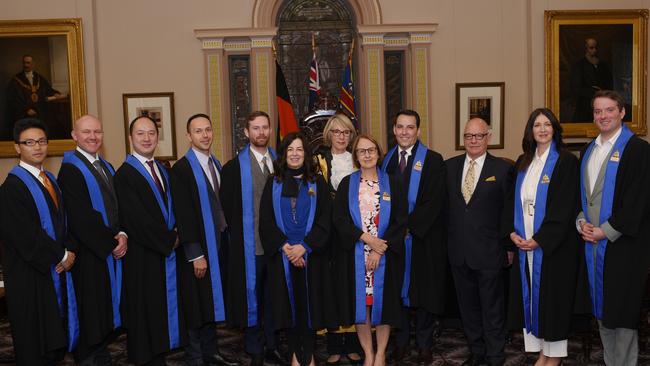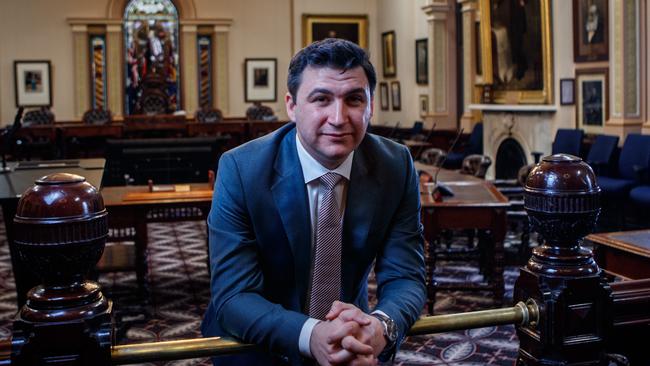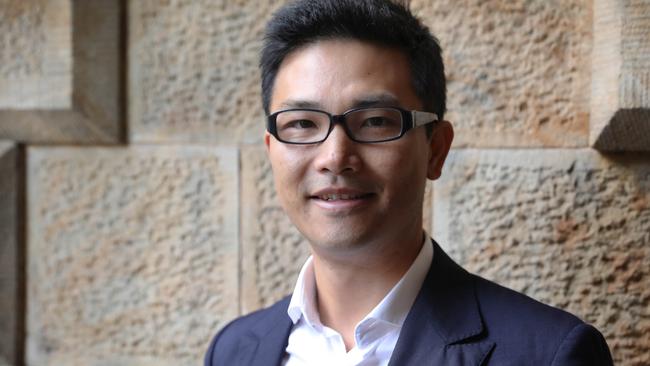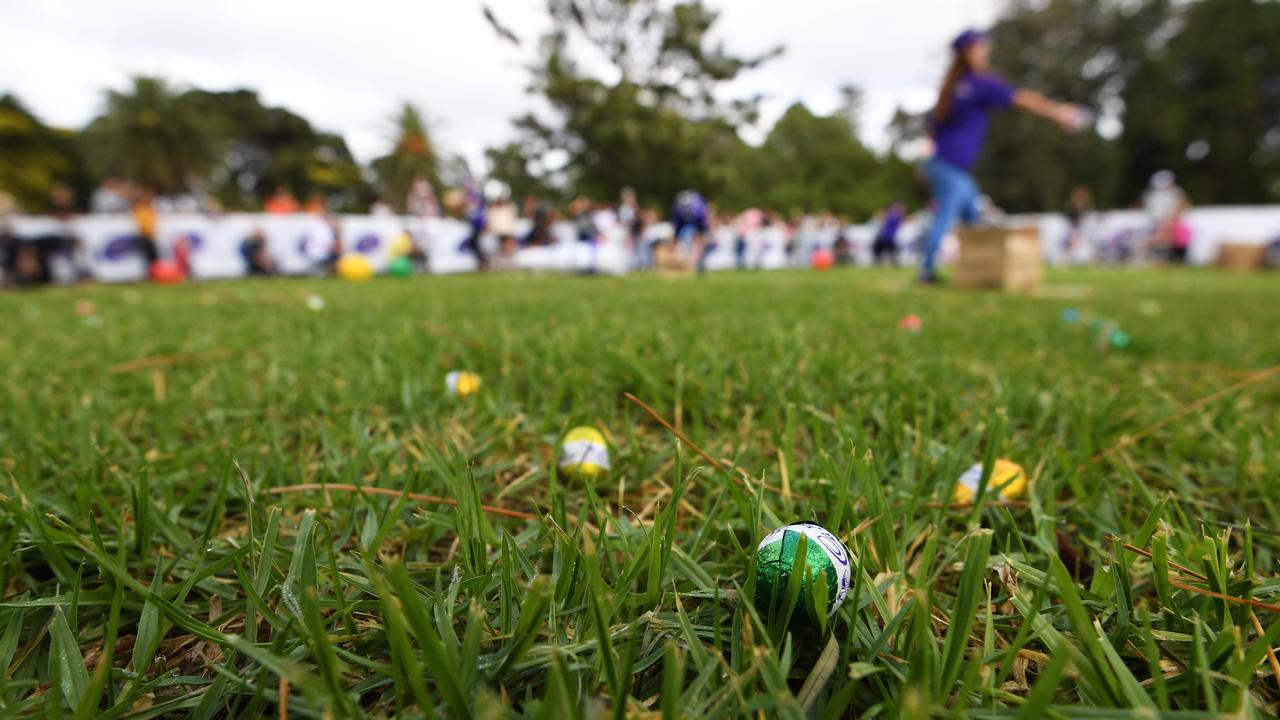Forensics SA called to check evidence of vote rorting in contested Adelaide City Council election
Investigators have been called in to oversee fingerprint and handwriting analysis on ballot papers, as court hears of suspicion of vote rorting.

SA News
Don't miss out on the headlines from SA News. Followed categories will be added to My News.
Forensics SA has been called in to check for evidence of vote rorting in the contested Adelaide City Council election, a court has been told.
Hi-tech fingerprinting analysis has been applied to ballot papers and envelopes to identify if vote harvesting may have been used by any candidates.
And private-sector handwriting expert John McGinn has prepared a report for the court identifying 73 voting application forms which appeared to be questionable in the central ward election.
He identified 73 votes which were not made by the person who had completed the matching enrolment application form.
Cr Jing Li beat former Councillor Alexander Hyde by only 31 votes and Mr Hyde is contesting the result in the Court of Disputed Returns.

Cr Li flatly denies he was involved in “harvesting” votes from the international student community.
Mr Hyde has petitioned the Court to have the Central Ward result in the November 12 election declared void.
The case centres in part on around 900 enrolment applications for the ward’s supplementary electoral roll. This is open to non-Australian residents, making it a potentially lucrative source of votes from international students.
Acting for Mr Hyde, and explaining the handwriting report to the court, Simon Ower KC said; “Mr McGinn identifies 27 of the 117 (ballot papers) to be so dissimilar that they are not what he calls the same signature model”.
“In other words the inference arises that they were not signed by the same person and in respect of a further 46 that these signatures are so fundamentally different that there is no basis for comparison, again, giving rise to the inference.
“So, on the foundation of the report it appears that there are 73 votes which we would say were not made by the persons who otherwise completed the enrolment application form.”
There is no way of identifying who the owners of the envelopes and application forms voted for, so the court could only infer which candidate may have benefited if there was a scheme operating.
But for votes to be counted as valid, signatures on the declaration returned with ballot papers should match that on the enrolment application form. This is required under section 47 of the Local Government (Elections) Act 1999.”
The Act states that the returning officer must reject any postal vote when; “. any envelope where the signature does not, to the satisfaction of the returning officer, correspond with the signature on the application of the voter for the relevant voting papers”.

Of the 14 who ran, there were four successful candidates in the ward at the election; incumbent Simon Hou and new councillors Jing Li, Carmel Noon and David Elliott.
Technically the court is being asked to rule that none of the candidates were properly elected, which could result in a by-election for all the positions.
But Mr Hyde specifically alleges in the court that Cr Li asked a meeting of leaders within the Adelaide international student community to help enrol Chinese students to vote for him.
Court documents have Mr Hyde alleging Cr Li stated words to the effect that he promised a “job” to the person who obtained the most enrolments and votes for him, according to the court documents.




